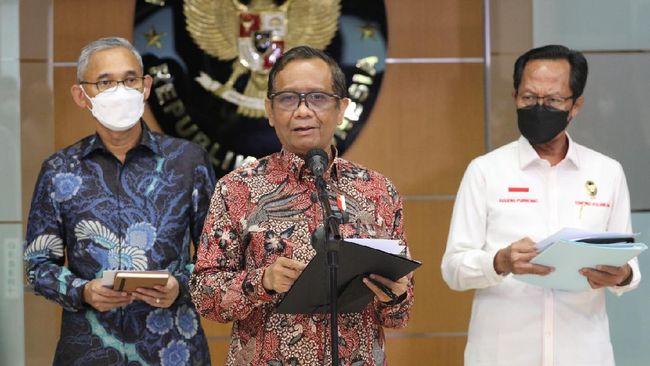After seven years in seclusion at the Ecuadorian Embassy in London and two and a half years in Belmarsh high security prison, the 50-year-old Australian, considered by his supporters to be a victim of attacks on freedom of expression , took a major step towards freedom last January.
British judge Vanessa Baraitser then rejected the American extradition request, putting forward a risk of suicide for Julian Assange, who faces 175 years in prison in the United States.
But Washington was able to appeal this decision, calling into question in particular the reliability of an expert who had testified in its favor.
The psychiatrist, Michael Kopelman, had indeed admitted to having deceived justice by “concealing” the fact that his client had become the father of two children while he was confined to the Ecuadorian embassy in London.
This appeal is to take place over two days in the High Court. A decision is not expected for several weeks.
It constitutes one of the last recourse for Washington, which, in the event of a new defeat, would have no other possibility than to seize the British Supreme Court, without being assured that it accepts to take the file.
In the event of victory, that would not be the end of the case, which would then be referred to a court to rule on the merits.
Physically absent
The founder of WikiLeaks Julian Assange was physically absent Wednesday during the examination by the British justice of the appeal of the United States against the refusal of the United Kingdom to extradite him. At the start of the hearing, Julian Assange’s lawyer, Edward Fitzgerald QC, informed the court that his client, prosecuted for a massive leak of documents, was absent for medical reasons.
Subsequently, however, Julian Assange joined the hearing remotely from Belmarsh High Security Prison in south-east London, where he is being held.
“Ailing”
Before the hearing began, several dozen supporters of the Australian, backed by a number of press freedom organizations, gathered outside the High Court in London.
“He did nothing wrong from a legal, ethical or moral point of view,” said Sadia Koknie, 40, who came to support him. “He was held in disgusting conditions. (…) He shouldn’t be there and everything he’s been through is totally ridiculous.”
Julian Assange is being prosecuted for having disseminated, as of 2010, more than 700,000 classified documents on American military and diplomatic activities, particularly in Iraq and Afghanistan.
He was arrested by British police in April 2019 after spending seven years in seclusion at the Ecuadorian Embassy in London, where he had taken refuge while on bail. He feared extradition to the United States or Sweden, where he has been the subject of charges for rape, since dropped.
According to his companion Stella Moris, who visited him in prison on Saturday, Julian Assange is “in very bad shape”. “Julian would not survive extradition, that is the judge’s conclusion” in January, she said on Monday.
“Julian wants to be able to return to Australia and see his family, his mother whom he has not seen for eight years”, she explained, while acknowledging that it would be difficult because “Australia has nothing made to ensure its safety. “
Julian Assange is under prosecution launched under President Donald Trump. Under his predecessor Barack Obama, who had Joe Biden for vice-president, American justice had given up on prosecuting the founder of WikiLeaks.
But the election of Joe Biden to the White House did not bring the inflection hoped for by the supporters of Julian Assange.
Several human rights and press freedom organizations, including Amnesty International, Human Rights Watch and Reporters Without Borders, “deeply concerned”, asked in an open letter in an open letter to US Justice Minister Merrick Garland in mid-October to ‘drop his lawsuits.
–
:format(jpg):watermark(cloudfront-eu-central-1.images.arcpublishing.com/ipmgroup/5IDEBLR7ERC5TMAPLOHS63MVNM.png,0,30,0)/cloudfront-eu-central-1.images.arcpublishing.com/ipmgroup/FORWTYZMOVBJBOMPVYQMSBV37I.jpg)

.jpg)